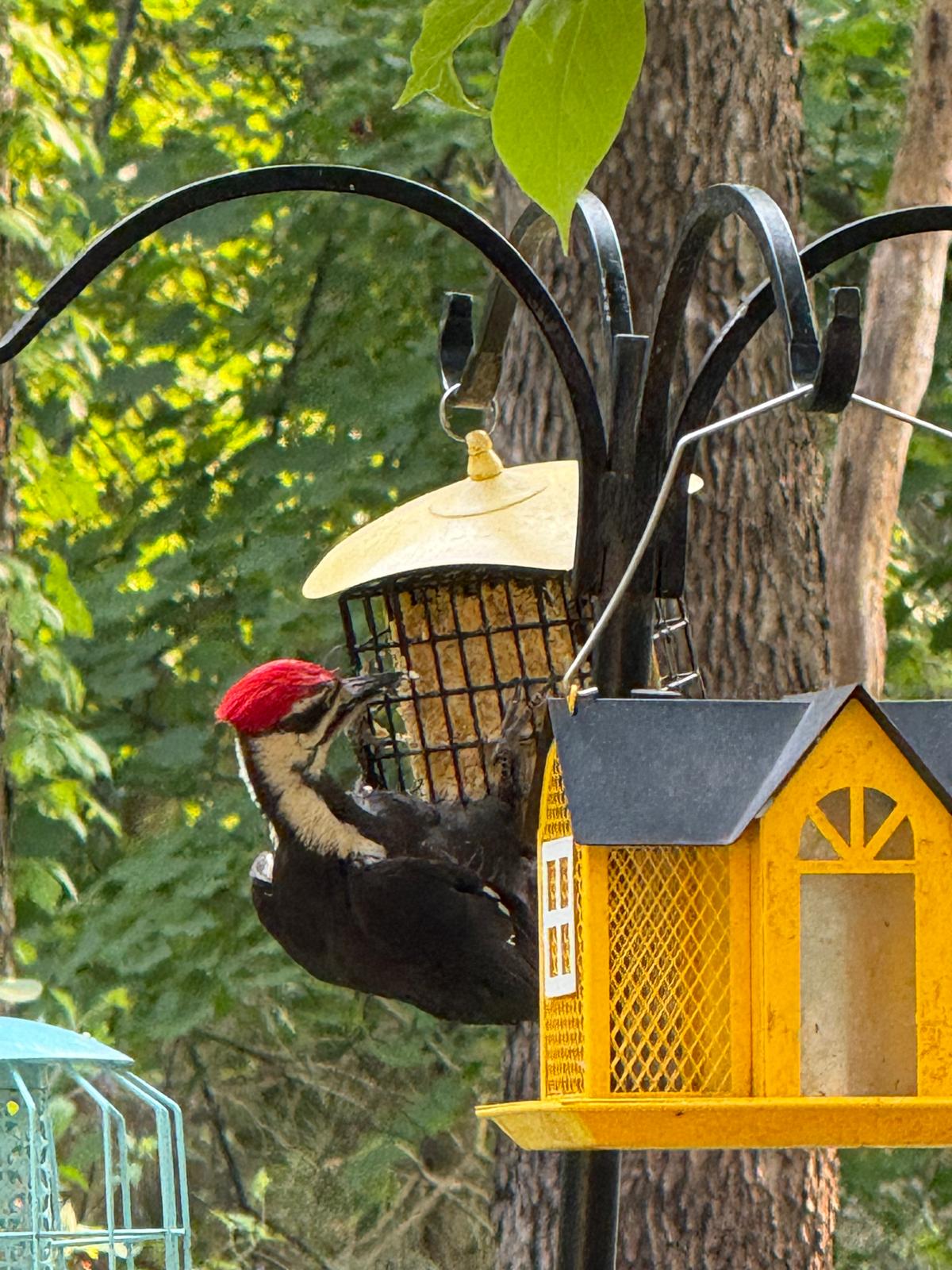As we reach this weekend, the earth turns once again. The solstice marks a threshold, a moment of transition, of the earth tilting gently, once again, on its ancient and steady axis. The seasons turn without human permission or intervention. The natural world keeps its own sacred rhythm. These cosmic thresholds always invite me to pause. To remember that time moves in circles, not just in straight lines.
The church’s calendar turns too. We step now into what is called Ordinary Time. I’ve always found that phrase a little odd. There is nothing ordinary about the unfolding of life. The Celtic wisdom that has shaped so much of my reflection over this past year reminds me that every day is woven with the divine — in tree and bird, in sunrise and rainfall, in breath and heartbeat. Ordinary Time is not empty time. It is inhabited time. Sacred time marked by both cosmic rhythm and human story.
And today, the first Sunday of Ordinary Time, the lectionary brings the unsettling story of a person possessed by many demons (Luke 8:26-39). Or perhaps more accurately, possessed by a system of forces so strong that when Jesus asks for a name, the answer is Legion — many, a multitude. The name evokes not just personal torment, but collective oppression.
In the story Jesus crosses a lake, encounters a person living among tombs, naked, shunned, chained, suffering, and brought healing. The person is restored, clothed, and in their right mind. The demons are driven out, but not into nothingness. Instead, they enter a herd of pigs, who then hurl themselves into the lake and drown.
I find it a strange and somewhat distasteful story. The cost of this healing disturbs me, especially in light of our recent retreat. The demons, driven out of the person, enter the large herd of pigs, who then rush down the steep bank into the lake and drown.
Of course, I don’t struggle with the healing itself — not with the liberation of one who was tormented and marginalized — but with the ease by which the lives of the animals are discarded, as though their worth is of no account.
The swineherds’ loss, the drowning of creatures, these should not be read as incidental details but something to pause on and think about the impact. The earth community suffers collateral damage. This is not a minor point, perhaps. especially for those who joined in our year long reflection on Celtic Earth including the most recent session on Animal Kinship. All creatures are part of the sacred web of life. There is an interconnectedness of all life. I want to think not just about the sacredness of humanity but of every creature. It is sad how quickly animal life is seen as expendable — even in our sacred texts.
I’ve read this story countless times, but I always stumble here. The ease with which the animals are cast aside. A large herd are lost and drowned. The lives of these creatures treated as expendable. The non-human world is sacrificed for human restoration. It reminds me how easily the lives of creatures are dismissed. Also, I don’t want to forget the swineherds whose livelihood was destroyed.
Will they receive harsh punishment from the owners of the pigs? Will they be forced to a life of poverty? Is there a hierarchy of humanity reflected in this story?
It troubles me.
And, as if that is not enough to trouble me, as I linger with this passage, I am drawn to something else, again a theme I talked about at the retreat — the power of naming.
Naming holds power. Naming recognizes existence. Women are left unnamed in so many Biblical stories. The texts allow men their names, their lineage, their voice but women are anonymous: the woman at the well, the hemorrhaging woman, the Syrophoenician woman, the woman caught in adultery. Their stories are told, but their names are lost. Their full humanity is veiled. Unnamed, unrecognized, invisible.
In the story the demon names Jesus, “What have you to do with me, Jesus, Child of the Most High God?” There is power in naming. To name is to acknowledge existence. To name is to grant presence.
And Jesus asked the demon their name. This is a sharp contrast to the many silences around women’s names. A demon is worthy of a name, worthy of being asked for their name but the woman at the well wasn’t given that same recognition. Again, this is not minor. It speaks to the centuries of silencing and marginalization of women’s voices and stories. The very act of naming becomes an act of recognition. And recognition is a step toward dignity.
As I step into this new season, as I enter Ordinary Time, I find myself holding all these layers together: the sacredness of every creature; the pain of those whose voices are silenced, the power of naming to restore visibility.
I want to let this story remind me to notice lives that are treated as disposable; to pay attention to those lives the stories overlook, both human and non-human and to join in the work of returning dignity, voice, and presence to all who have been made invisible.
(Photo: Our Evening visitor — June 2025)

